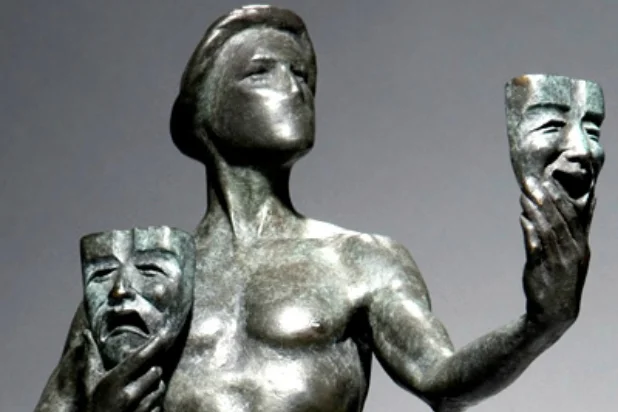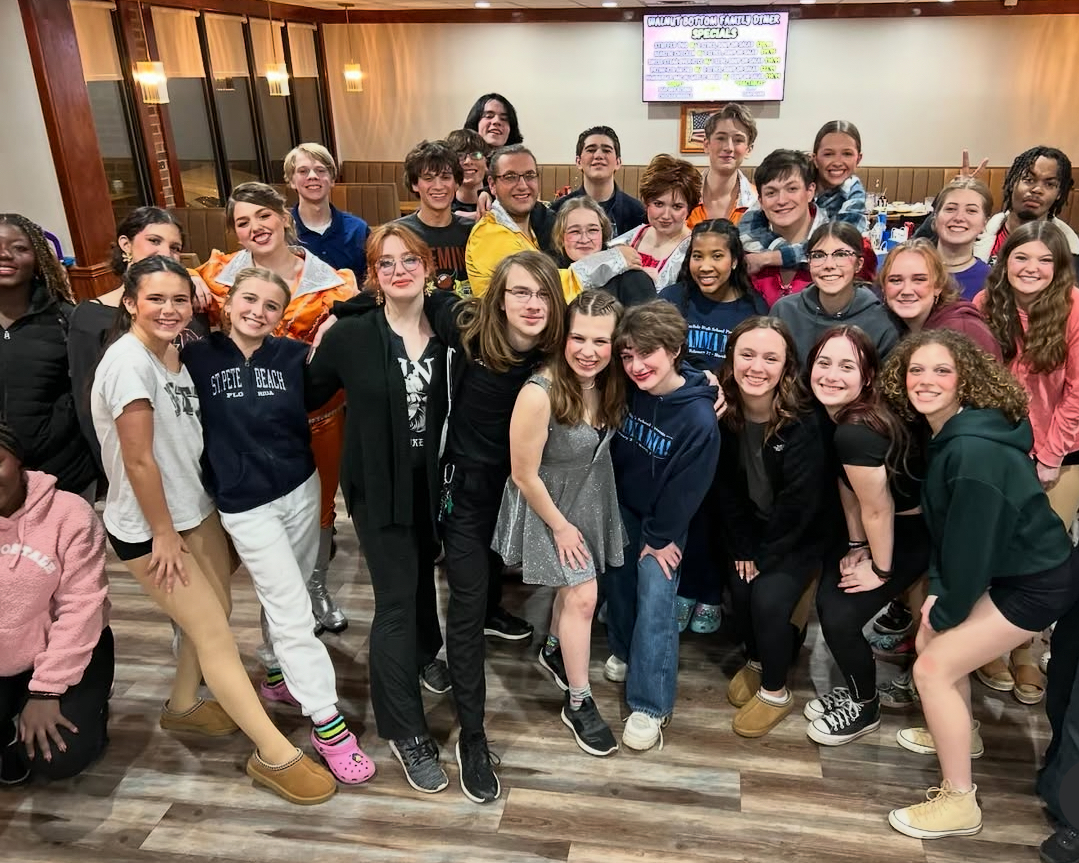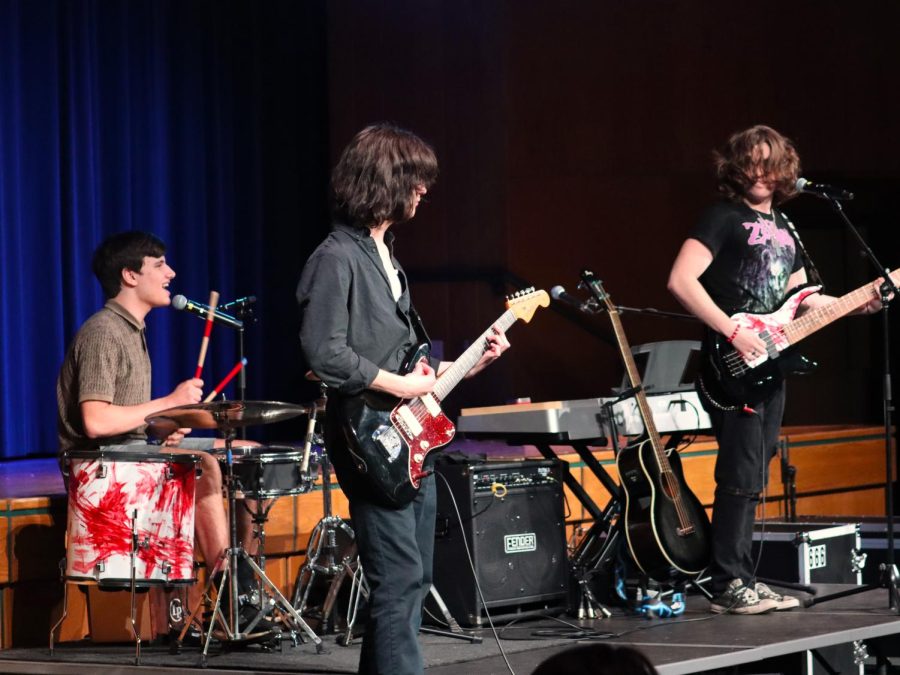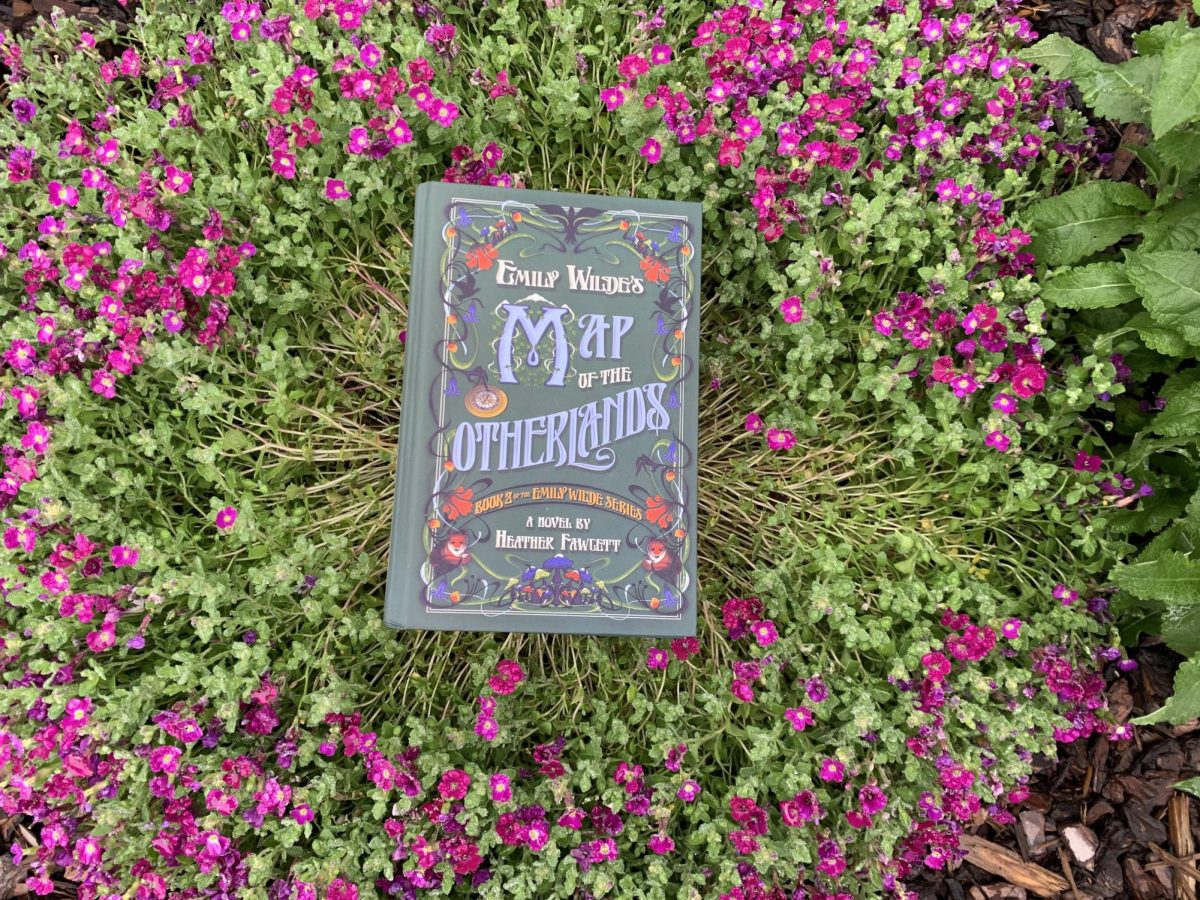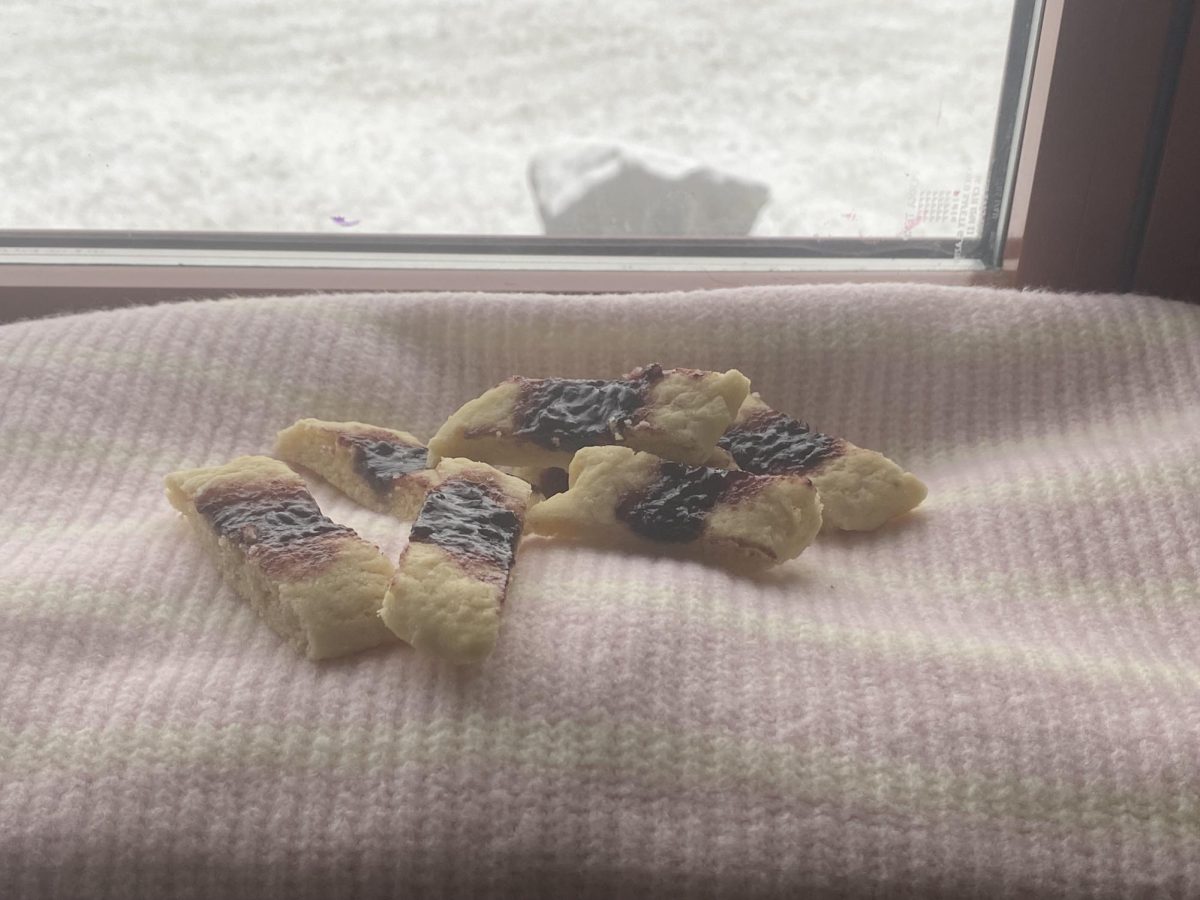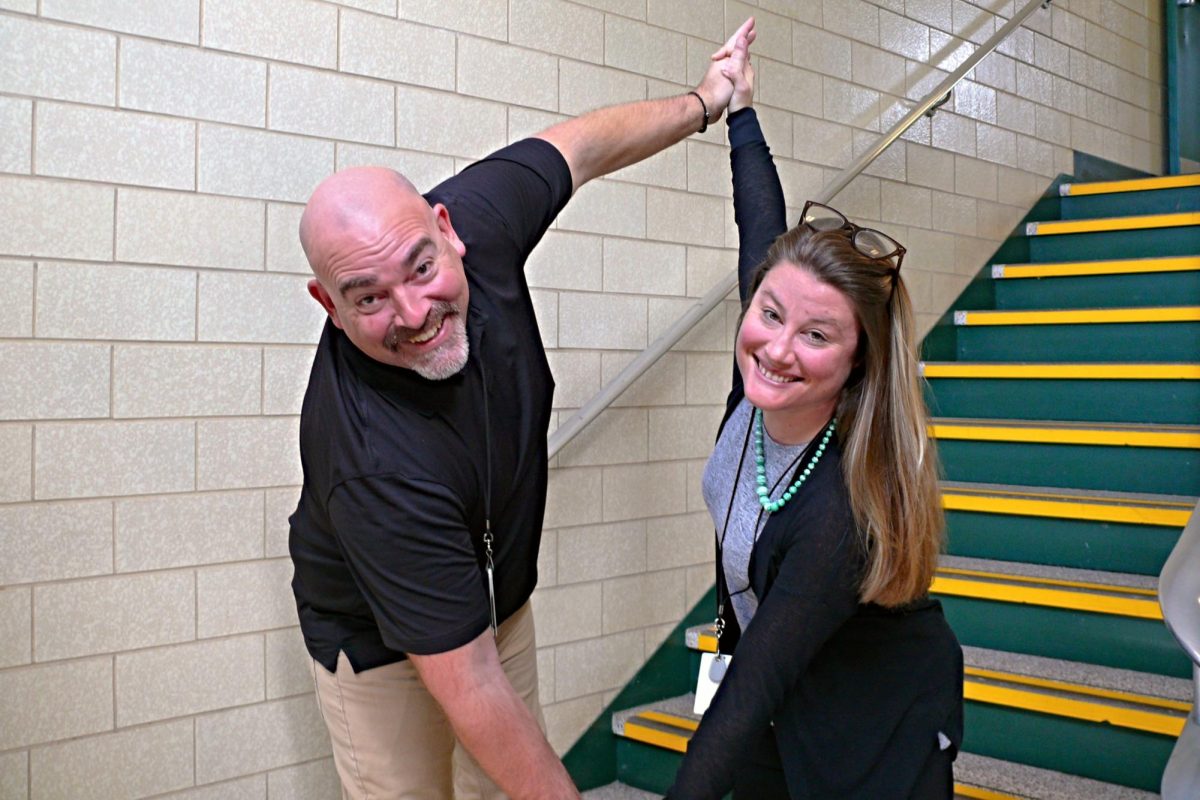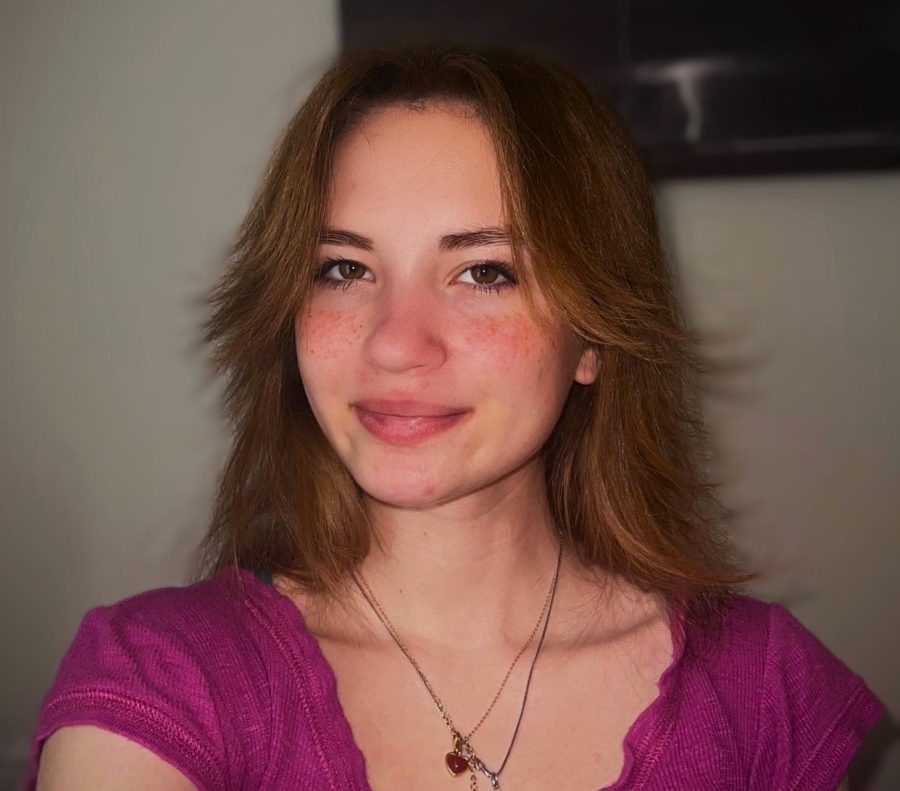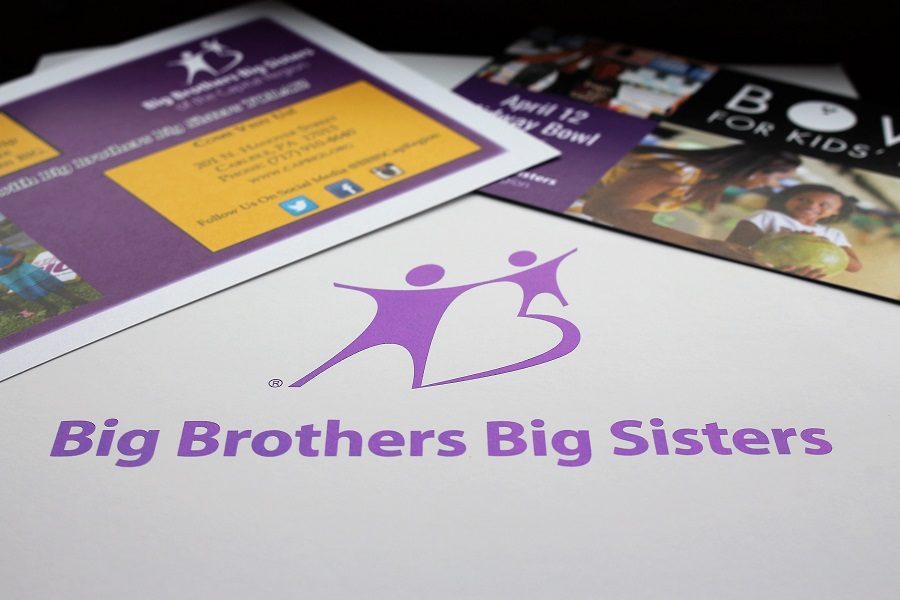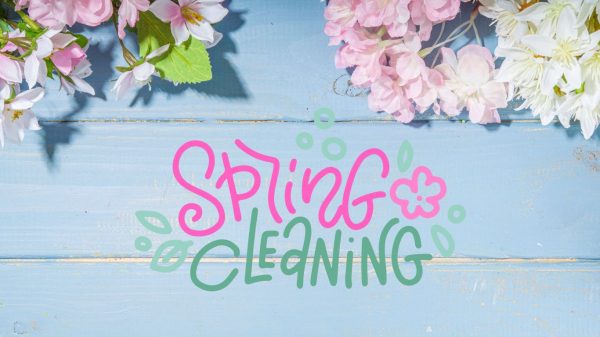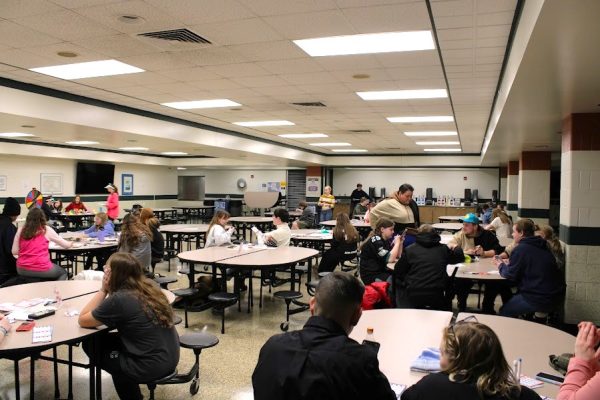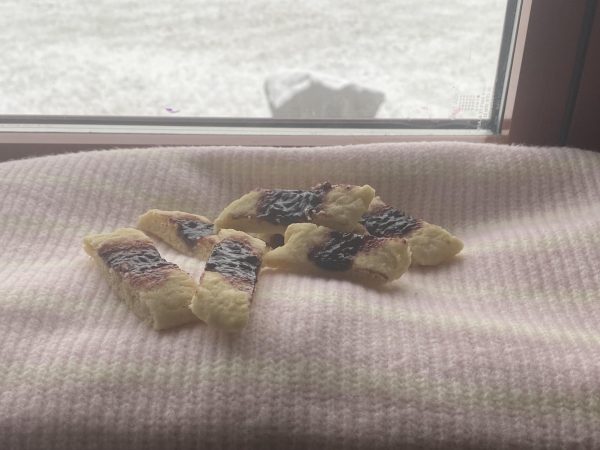Big Brothers Big Sisters: an organization dedicated to a “big” problem
Many CHS students take part in Big Brothers Big Sisters. Responsibility is a necessary trait to be a Big.
Growing up, not every kid is fortunate enough to have someone in their life to look up to. Programs such as Big Brothers Big Sisters (BBBS) aim to provide children with long-lasting friendships that will improve their chances of future success.
Children ages 6-18 are matched with a “big brother” or “big sister” who will be a friend to listen and build a positive relationship with the child. The program aims to provide support and positivity to kids.
When looking for someone to become a Big, the trained team of matchers first looks for someone that can make a commitment. As Cumberland and Perry County Director Barrie Ann George explained, “the most important thing that our mentors do is show up.”
Although that may not seem like a very high standard, it’s an important one. Many of the kids have been disappointed by the people in their lives, and this lasting consistency can provide comfort and stability to their life.
When matching Bigs and Littles, they aim to find out as much as they can about the kid and mentor. This includes their interests, hobbies, strengths, and more. With this information, they match a Big and Little together based on common interests.
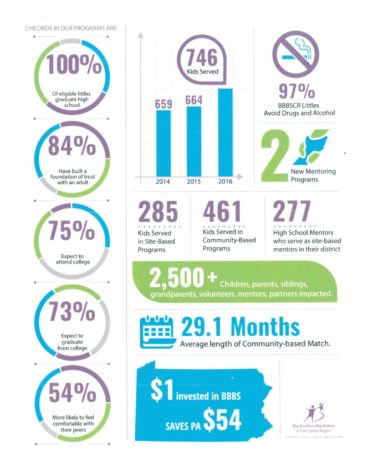
In Cumberland and Perry counties alone, over 200 kids are being provided with supportive role models who help them achieve success and follow their dreams. The program’s methods are very successful. In fact, 100% of eligible Littles graduate high school and 75% expect to attend college.
BBBS has a program at the high school where students are matched with an elementary student and visit them a few times a month during school until that student graduates. Junior Grace Colestock has been a Big for two years and said: “it taught me to be thankful for what I have.”
For many Bigs at the high school like Colestock, this program has helped them grow as a person.
January is National Mentoring Month, and George takes this month to “highlight, thank, and acknowledge these mentors” who work with not only the BBBS organization but also those mentors in programs across the country aiming to improve the lives of our youth.
If you enjoy bowling and want to help the BBBS program, come out to Midway Bowl on April 12. Register yourself or your team online at www.capbigs.org, and then work together to raise a minimum of $80 per person. The money raised will help benefit the program and allow more children to be provided with a positive relationship in their life. You will get two free games of bowling, a free tee shirt, and free food and drink.
If you’re interested in becoming a Big Brother or Big Sister, visit www.capbigs.org for more information.
Want to help the Herd? Please consider supporting the Periscope program. Your donation will support the student journalists of CHS and allow us to purchase equipment, send students to workshops/camps, and cover our annual website hosting costs.
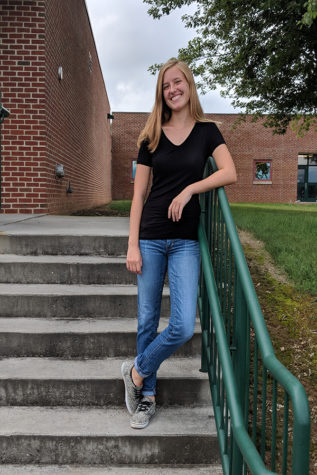
Carol Etzel is a senior at Carlisle High School. This is her second year as Magazine Editor-in-Chief. Along with Periscope, she also plays the clarinet...



